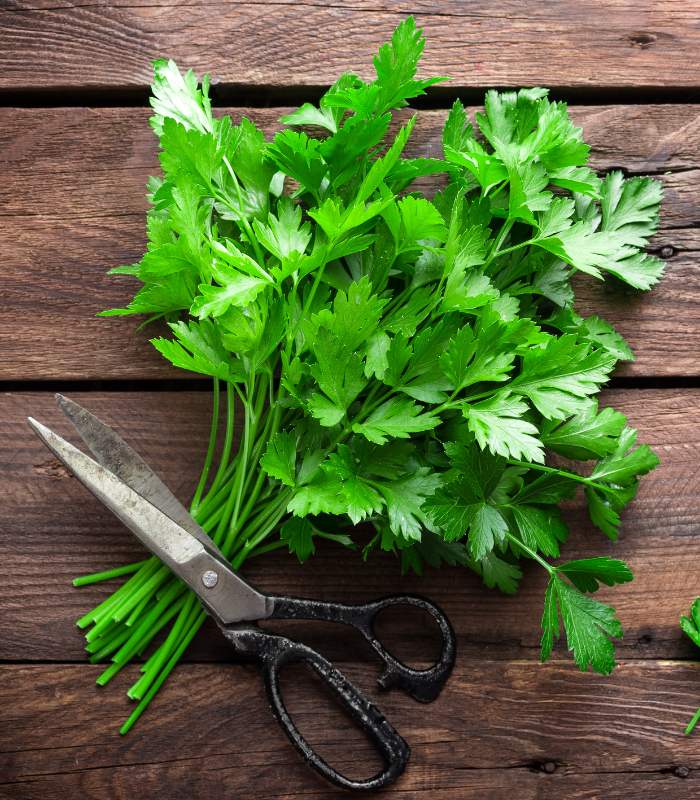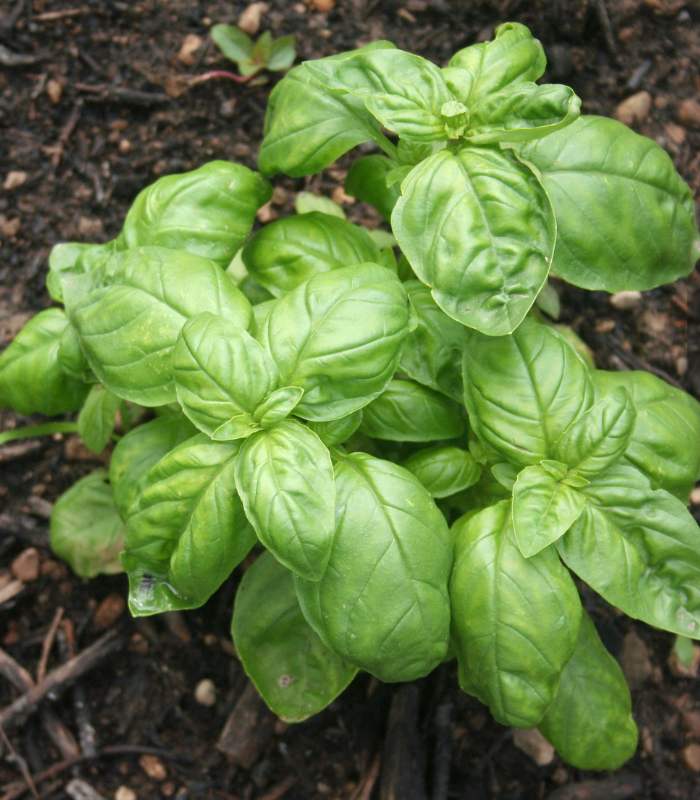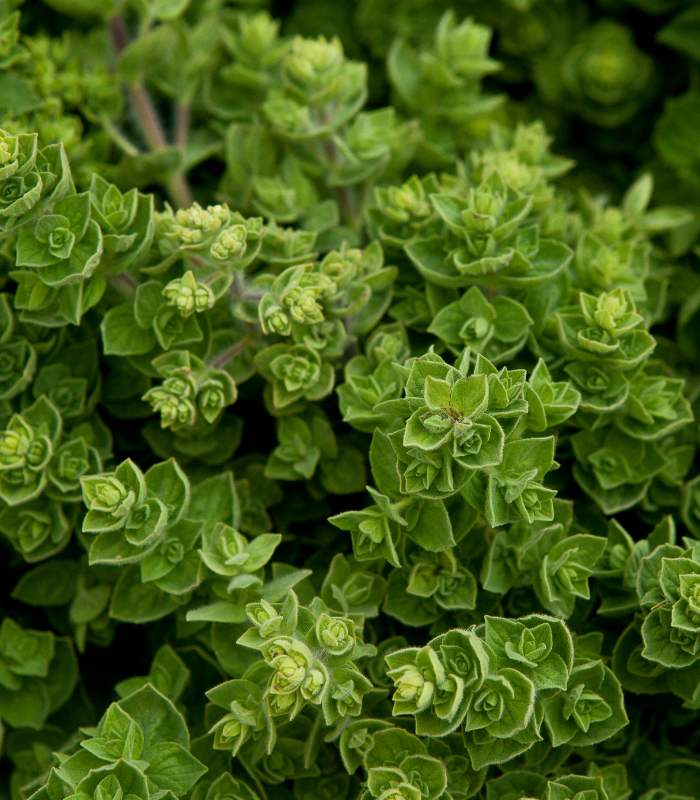5 healing herbs you need in your kitchen right now!
When it comes to feeling good, it’s often the little things that make the biggest difference.
And believe it or not, some of the best natural remedies are probably sitting quietly in your kitchen already.
Fresh or dried, these everyday herbs aren’t just about flavour… They can help support your health, boost your mood, and even give your skin a glow.
No complicated recipes. No fancy supplements. Just real herbs, real benefits, and really simple ways to use them.
Here’s how to get the most out of five healing herbs you’ll wish you’d started using sooner.
Parsley: the secret wonder hiding in your fridge

If you only ever sprinkle parsley for a bit of colour, you’re missing out.
This little herb is packed with fresh flavour and hidden health benefits that are far too good to ignore.
Parsley is cheap, easy to use, and needs almost no effort to turn into a real boost for your body.
Why parsley is a must-have:
- Freshens breath naturally (perfect after garlicky meals)
- Helps your body flush out extra fluid (goodbye, puffy mornings)
- Rich in vitamin C to support your immune system
Simple ways to get more from parsley:
- Add it after cooking: Parsley’s vitamin C is sensitive to heat — toss it in right at the end to keep it powerful.
- Freeze for later: Chop fresh parsley, pack it into ice cube trays with olive oil or water, and freeze. Pop a cube into soups, stews, or sauces when you are in a hurry.
- Boost your green smoothies: A small handful of parsley blends beautifully into a morning smoothie and adds a clean, fresh taste without overpowering other flavours.
- Dry your own: Got a wilting bunch? Spread it out on a tray in a warm spot and let it dry naturally. Crumble it into a jar for quick sprinkling later on.
Quick ideas to use it today:
- Scatter fresh parsley over soups, pasta, or roasted vegetables
- Brew a simple parsley tea (chop a tablespoon, steep in hot water, add a squeeze of lemon)
- Stir it into salad dressings, hummus, or dips for an easy nutrient lift
A little note before we move on:
Parsley is not just for decoration — it is a small daily habit that can support your health in ways you will actually feel. Keep a bunch in the fridge or a jar in the cupboard, and you will always have a little green goodness ready to go.
Thyme: your natural remedy for coughs and colds

If there is one herb you will be glad to have around when you are feeling under the weather, it is thyme.
Packed with natural antibacterial and antiviral properties, thyme has been trusted for generations to help ease coughs, soothe sore throats, and support the immune system.
It is small, hardy, easy to grow, and can be a real lifesaver during cold season.
Why thyme deserves a spot in your kitchen:
- Helps calm coughs and chest congestion
- Natural antibacterial and antiviral properties
- Supports your immune system when you need it most
Simple ways to get more from thyme:
- Use fresh thyme for remedies: Fresh sprigs work best for coughs and teas, while dried thyme is perfect for cooking.
- Make a steam inhalation: Add a handful of fresh thyme to a bowl of hot water, drape a towel over your head, and breathe in deeply. It can help loosen congestion naturally.
- Create thyme-infused plant syrup: Steep fresh thyme in a simple syrup made from water and organic cane sugar. Use it to soothe dry throats or stir into herbal teas.
- Dry your own: Tie bunches of thyme together and hang them upside down in a dry, airy spot. Once dry, crumble and store in a jar for cooking.
Quick ideas to use it today:
- Sprinkle dried thyme over roasted vegetables, potatoes, or bread
- Add fresh sprigs to soups, stews, or casseroles
- Brew a simple thyme tea by steeping fresh or dried thyme with lemon
Before we move on:
Thyme is one of those herbs that quietly works wonders behind the scenes. Keep some fresh sprigs on hand if you can, and you will have a simple, natural remedy whenever sniffles or sore throats strike.
Rosemary: the memory and digestion booster you will love

Rosemary is one of those herbs that feels almost magical once you start using it properly.
More than just a fragrant addition to roast potatoes, rosemary is rich in antioxidants, supports digestion, and has even been linked to sharper memory and focus.
It is easy to grow, easy to use, and a little goes a long way.
Why rosemary is worth keeping around:
- Supports memory, focus, and mental clarity
- Aids digestion, especially after heavier meals
- Packed with antioxidants that help protect your body
Simple ways to get more from rosemary:
- Crush it before using: Lightly crush fresh rosemary sprigs with your fingers to release more of the essential oils and aroma.
- Infuse in oil or vinegar: Add fresh rosemary to olive oil or apple cider vinegar to create a natural kitchen staple with extra flavour and health benefits.
- Scent your space naturally: Place a few sprigs on a warm radiator or tuck them into the oven while it cools after baking. Rosemary gives a beautiful, clean scent without artificial sprays.
- Make a simple rosemary rinse: Steep fresh rosemary in hot water, let it cool, and use it as a hair or face rinse for a refreshing natural tonic.
Quick ideas to use it today:
- Toss a few sprigs into roasting trays with vegetables or bread
- Brew a rosemary tea by steeping a sprig in hot water for five minutes
- Blend a small amount into marinades for vegetables, tofu, or plant-based roasts
Before we move on:
Rosemary brings a little energy and brightness into whatever you are making. It is a small step with a big impact, whether you are cooking, clearing your mind, or giving your digestion a helping hand.
Basil: the calming herb your mind and skin will adore

Basil is often seen as just a kitchen favourite for Italian dishes, but there is much more to it.
Fresh basil is packed with calming compounds that can help settle a busy mind, soothe inflammation, and even support healthier-looking skin.
If you can grow it on a sunny windowsill, you will always have a handful of goodness ready to use.
Why basil belongs in your kitchen:
- Naturally calming for the mind and body
- Helps reduce inflammation from within
- Supports skin health and a fresh, healthy glow
Simple ways to get more from basil:
- Use it raw: Fresh basil is delicate. It loses much of its calming properties when exposed to heat, so add it right before serving.
- Make a simple basil steam: Add a few handfuls of fresh basil to a bowl of hot water, cover your head with a towel, and enjoy a skin-calming facial steam.
- Grow your own: Basil thrives in a sunny spot. Keep picking it regularly to encourage bushier growth and keep the leaves sweet and tender.
- Blend it into plant-based sauces: A simple basil and cashew cream sauce can be a brilliant way to get more herbs into your meals.
Quick ideas to use it today:
- Tear fresh basil into salads, sandwiches, or pasta dishes
- Blend into green smoothies for a fresh, peppery kick
- Brew a quick basil tea to help settle your nerves naturally
Before we move on:
Basil is more than just a tasty topping — it is a natural way to support calm, beauty, and vitality from the inside out. Keep some growing close by and you will never be short of a little herbal boost when you need it most.
Oregano: your natural defender against everyday bugs

Oregano is one of the most powerful herbs you can keep in your kitchen.
Known for its strong antimicrobial properties, it has traditionally been used to support the immune system, aid digestion, and protect the body against everyday infections.
It is bold in flavour, easy to store, and incredibly versatile once you know how to use it.
Why oregano earns a permanent place on the shelf:
- Natural antibacterial and antifungal action
- Supports gut health and overall immunity
- High in antioxidants to help protect your cells
Simple ways to get more from oregano:
- Dry your own: If you have access to fresh oregano, dry it naturally by hanging bunches upside down in a warm, airy room. Crumble the leaves into a jar once fully dried.
- Make a strong oregano tea: Steep a teaspoon of dried oregano in hot water for five to ten minutes. It is strong-tasting but helpful during cold season.
- Infuse in plant oils: Add dried oregano to olive oil and leave it to infuse. Drizzle over vegetables, breads, or salads for an immune-supporting boost.
- Use it regularly: Oregano works best when used often in small amounts rather than saving it for occasional dishes.
Quick ideas to use it today:
- Sprinkle dried oregano over roasted vegetables, homemade pizzas, and pasta dishes
- Stir into tomato sauces, soups, and stews for a deeper flavour
- Blend into salad dressings for a natural antimicrobial boost
Before we finish:
Oregano brings both bold flavour and serious health support to your meals. A small sprinkle here and there is all you need to start building up your defences naturally, without much effort at all.
A final word: small herbs, real impact
You do not need a huge herb garden or hours in the kitchen to start feeling the benefits of nature’s healers.
A sprinkle of oregano, a handful of parsley, a quick rosemary tea — these small habits add up over time, giving your body a little extra support where it matters most.
If you are new to using herbs this way, start simple. Pick one herb you feel drawn to, try adding it to your meals or making a quick tea, and see how you feel.
The beauty of it is that herbs fit easily into daily life, offering both nourishment and care without demanding much in return.
Keep these five healing herbs nearby, and you will always have a simple, natural way to boost your health, your meals, and even your mood — right from your own kitchen.
Patri xx
Resources
1. Oliveira JR de, Camargo SEA, Oliveira LD de. Rosmarinus officinalis L. (rosemary) as therapeutic and prophylactic agent. Journal of Biomedical Science [Internet]. 2019 [cited 2025 Apr 26]; 26(1):5. Available from: https://doi.org/10.1186/s12929-019-0499-8.
2. Hammoudi Halat D, Krayem M, Khaled S, Younes S. A Focused Insight into Thyme: Biological, Chemical, and Therapeutic Properties of an Indigenous Mediterranean Herb. Nutrients [Internet]. 2022 [cited 2025 Apr 26]; 14(10):2104. Available from: https://www.ncbi.nlm.nih.gov/pmc/articles/PMC9147557/.
3. Oregano – an overview | ScienceDirect Topics [Internet]. [cited 2025 Apr 26]. Available from: https://www.sciencedirect.com/topics/agricultural-and-biological-sciences/oregano.
4. Veenstra JP, Johnson JJ. Oregano (Origanum vulgare) extract for food preservation and improvement in gastrointestinal health. Int J Nutr [Internet]. 2019 [cited 2025 Apr 26]; 3(4):43–52. Available from: https://www.ncbi.nlm.nih.gov/pmc/articles/PMC6508890/.
5. Ganea M, Vicaș LG, Gligor O, Sarac I, Onisan E, Nagy C, et al. Exploring the Therapeutic Efficacy of Parsley (Petroselinum crispum Mill.) as a Functional Food: Implications in Immunological Tolerability, Reduction of Muscle Cramps, and Treatment of Dermatitis. Molecules [Internet]. 2024 [cited 2025 Apr 26]; 29(3):608. Available from: https://www.ncbi.nlm.nih.gov/pmc/articles/PMC10856782/.
6. Farzaei MH, Abbasabadi Z, Ardekani MRS, Rahimi R, Farzaei F. Parsley: a review of ethnopharmacology, phytochemistry and biological activities. Journal of Traditional Chinese Medicine [Internet]. 2013 [cited 2025 Apr 26]; 33(6):815–26. Available from: https://www.sciencedirect.com/science/article/pii/S0254627214600182.
7. Romano R, De Luca L, Aiello A, Pagano R, Di Pierro P, Pizzolongo F, et al. Basil (Ocimum basilicum L.) Leaves as a Source of Bioactive Compounds. Foods [Internet]. 2022 [cited 2025 Apr 26]; 11(20):3212. Available from: https://www.ncbi.nlm.nih.gov/pmc/articles/PMC9602197/.

